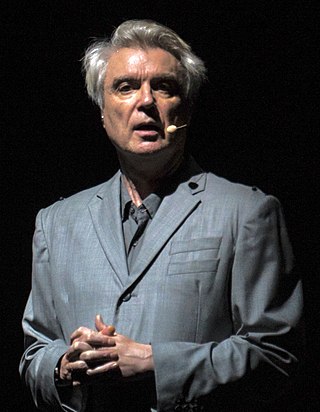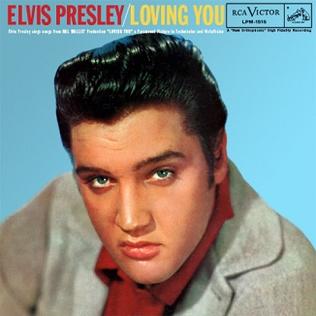The Practice of Love may refer to:
- The Practice of Love (film), a 1985 West German-Austrian drama film
- The Practice of Love (album), a 2019 album by Jenny Hval
The Practice of Love may refer to:
Abduction may refer to:

Courtney Michelle Love is an American singer, guitarist, songwriter, and actress. A figure in the alternative and grunge scenes of the 1990s, her career has spanned four decades. She rose to prominence as the lead vocalist and rhythm guitarist of the alternative rock band Hole, which she formed in 1989. Love has drawn public attention for her uninhibited live performances and confrontational lyrics, as well as her highly publicized personal life following her marriage to Nirvana frontman Kurt Cobain. In 2020, NME named her one of the most influential singers in alternative culture of the last 30 years.

Whitney Elizabeth Houston was an American singer, actress, film producer, and philanthropist. Known as "the Voice", she is one of the most awarded entertainers of all time, having been inducted into numerous halls of fame. Houston's crossover appeal on the popular music charts and her performances influenced the breaking down of gender and racial barriers, as well as popular culture. She has been recognized for her vocal delivery, distinctive timbre, and for popularizing the use of gospel singing techniques in pop music. In 2023, Rolling Stone ranked Houston second on their list of the greatest singers of all time. She has sold over 220 million records worldwide, becoming one of the best-selling music artists in history. Houston also enhanced her popularity by producing and starring in multicultural movies. Her life and career have been the subject of multiple documentaries and television specials.
XXX may refer to:
Equilibrium may refer to:

David Byrne is a Scottish-American singer, songwriter, musician, record producer, actor, writer, music theorist, visual artist, and filmmaker. He was a founding member, principal songwriter, lead singer, and guitarist of the American new wave band Talking Heads.
A bootleg is the upper part of a boot.

Diana Ross is an American singer and actress. She was the lead singer of the vocal group The Supremes, who became Motown's most successful act during the 1960s and one of the world's best-selling girl groups of all time. They remain the best-charting female group in history, with a total of 12 number-one pop singles on the U.S. Billboard Hot 100, including "Where Did Our Love Go," "Baby Love," "Come See About Me," "Stop! In the Name of Love," "You Keep Me Hangin' On," and "Love Child."
Catherine wheel may refer to:
Church may refer to:
From Russia with Love may refer to:
Love is an emotion of strong affection and personal attachment to people and things.
Devotion or Devotions may refer to:
A ceremony is a unified ritualistic event with a purpose.
I Love You, I Love U, or I Luv U may refer to:
Worlds Apart may refer to:

Loving You is the first soundtrack album by American rock and roll singer Elvis Presley. It was released by RCA Victor in mono, LPM 1515, in June 1957 to accompany his film, Loving You (1957). Recording sessions took place on January 15, 16, 17, and 18, 1957, at the Paramount Pictures Scoring Stage, and on January 12, 13, 19, and February 23 and 24, 1957, at Radio Recorders in Hollywood. These are the first sessions where Steve Sholes is officially listed as producer. It spent ten weeks at No. 1 on the Billboard Top Pop Albums chart. It was certified Gold on April 9, 1968 by the Recording Industry Association of America.
My Bloody Valentine may refer to:
Yes or YES may refer to:
Love Story or A Love Story may refer to: